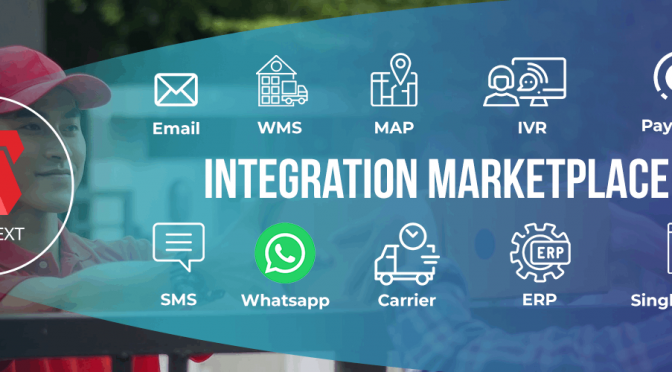
Not having proper integration will derail your supply chain and logistics operations. Here is how LogiNext is helping businesses across the globe streamline operations with a plethora of integration marketplace options to choose from.
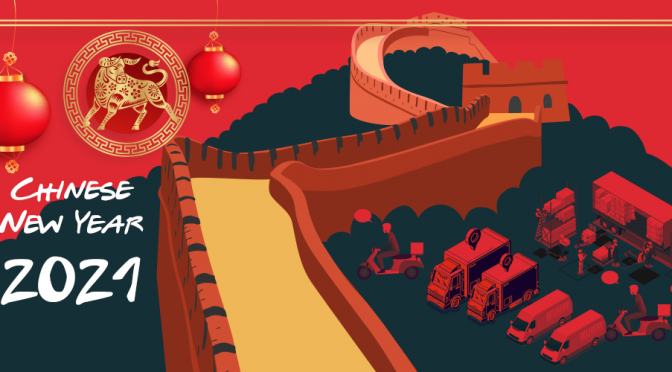
Chinese New Year is here! 5 tips to cope up with disruption in global supply chain Chinese New Year is celebrated on the New Moon that appears between 21st January and 20th February. According to the Chinese calendar, this day marks the onset of Spring and in 2021, the date is 12th February. This is […]
![[2021 outlook] Advanced Route Optimisation, Order Scheduling and ETA Calculation, what’s next?](https://www.loginextsolutions.com/blog/wp-content/uploads/2021/01/2021-outlook-672x372.png)
[2021 outlook] Advanced Route Optimisation, Order Scheduling and ETA Calculation, what’s next? 2020 is the year when logistics technology came in the spotlight. The global pandemic taught us how critical it is to have supply chain visibility and automated processes throughout the logistics supply chain. A lot of you in the e-commerce/last-mile delivery/QSR businesses […]
LogiNext’s field workforce optimization is machine learning-enabled planning engine which pulls in all the constraints such as preferred time slot visits, avoiding repeat visits, avoiding overlap or mirroring, and also to optimize the service time or time spent at each outlet

Static planning is a function of yesteryear. Wake up to new-age dynamic route planning for your field agent management. Most of Fortune 500 companies are maximizing the value of their active field agents using intelligent planning and optimization. It’s the most appropriate tool at the hand of managers to reduce costs and improve efficiency.
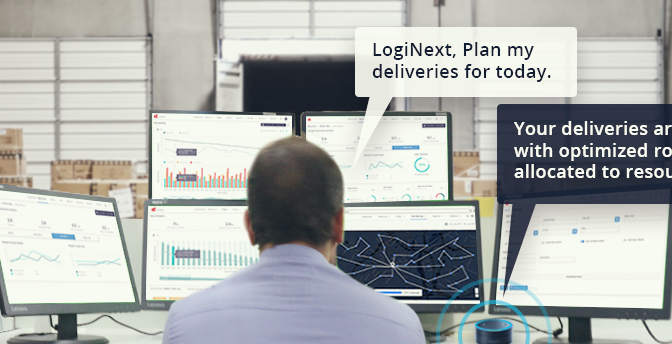
We recently integrated with Alexa, Google Assistant, Cortana, and Siri. Now, the manager can simply relax and instruct their personal assistant to fetch the information for them. Almost anyone can use the personal assistant without any hassle. It doesn’t matter if they are tech-savvy.
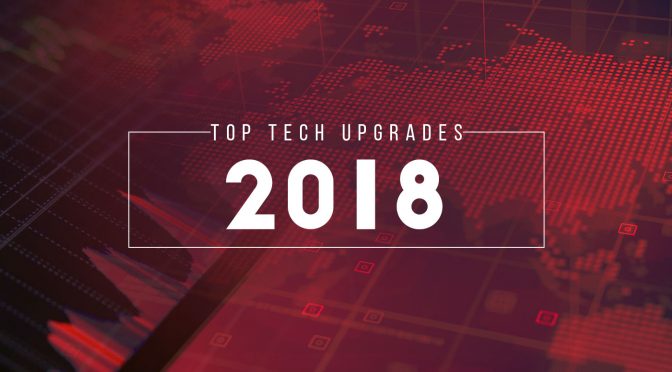
Tech evolution must always be around a purpose. The purpose of the upgrades mentioned here, and many more that are regularly communicated to the clients through mailers, is singular. To optimize resource movement with a view to reduce operations costs and improve overall process efficiency.
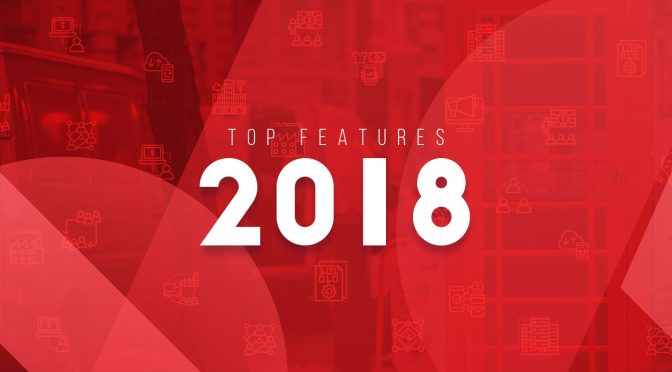
Here are the top features of the year that created the most value for our clients. These features have the highest usage among managers. These managers keep sending back their delightful feedback from time to time. Based on our own analytics and market feedback we have collated this list of the top features which created the most business value.

Case Study: How to Increase Sales Effectiveness by 25% in FMCG This is a story about effective field agent performance optimization and its resultant benefits. According to one of our major clients in the fast-moving consumer goods (FMCG) sector, field sales effectiveness was something that they wanted to increase as soon as possible. […]

Each image holds some memory space in the delivery person’s phone and it uses some amount of data as it is transferred through the Internet to the client’s dashboard or central processing point. To ensure proper authentication, the image must have high-definition and should be clear. Storing and transferring high-def images in quick time eats up battery and data from the phone.
A billion data points. One for every 8th person in the world. One for almost every vehicle in the world. Comprehensive location tracking data points encompassing more than three continents including North America, Asia, Northern Africa, and Southern Europe. It doesn’t get any bigger than this.

Bring your delivery management system into the new world. Communicate with your delivery personnel and track their movement while you optimize their routes and ensure on-time deliveries, right from a single app. The future of internal communications is here. Move on Slack and WhatsApp, LogiNext just changed the game.

Fast Moving Consumer Goods companies across the world are building markets as they grow towards their ambitious targets. Some of these companies have high brand loyalty such as Johnson & Johnson, Nestlé, Mondelēz, P&G, Unilever, Pepsi, Coca-Cola, and even Philip Morris. Healthy distribution network is the most critical factor in guiding your products reach their intended users.

While your field agents move around, make sure their time is well utilized by topping up your field service management with real-time workforce tracking. This adds a layer of agility and responsiveness in your services. The manager can react in quick time in case of any delay or service disruption. The faster reaction time also gives the companies the ability to capture key market insights at the right time.

Logistics management has now become the singular platform for cost leadership and profit generation. Most of the Fortune 500 companies partner with management consultants to streamline their strategies and processes. Accenture has time and again reinstated the importance of profitable and agile processes. They have adapted their strengths to incorporate logistics management as a core competency.

Many industry experts have stated that their field workforce management leaves them with a lot to desire for. As we know the first step to effective field service management is getting the right person for the work. Once you have that, things should be a cakewalk, but it often isn’t. Why does this happen? And what can you do avoid that?

To perfect field service automation and optimization, you must assess the knowledge base and abilities of your workforce and automate allocation of specific tasks requiring a particular set of skills to the field service professional possessing the same set. This would bring down the probability of dissatisfaction for your customer by dispatching the perfect field agent suited for the customer’s problem.

What would you do when your plans for effective field service management don’t execute as you wish them? It’s simple. Just go back to the basics and reinvent the wheel. It’s an arduous task if you stack it as such. But imagine the big names like Amazon, Google, IBM, Microsoft, Apple, or Tesla. These companies renovate to resonate with each evolution stage of its audience.

Like any market driven model, logistics management software would come in to the central focus as more and more companies are utilizing them and reaping rich rewards. In the next five years, it will all be about quick and fast deliveries with logistics analytics, 100% location accuracy, and complete end-to-end visibility. LogiNext offers all this and much more, so we know the future is bright.

Consider the transportation industry. Transportation is no longer a support function, it is a necessity. The past year saw the highest amount of vehicle sales in most developed nations. The United States had more than 17.5 million car sales in 2016. Consumer movement is catching up with logistics transportation in some places and outperforming them in other places.

As a company, we have spread wings across the globe, but Southeast Asia is where I find the perfect summation and confluence of diverse cultural flows. There is great balance between tradition and innovation. In Manila for the Forbes 30 Under 30 summit, I can’t help but marvel the power of innovation in bridging cultural and generational gaps across the world.
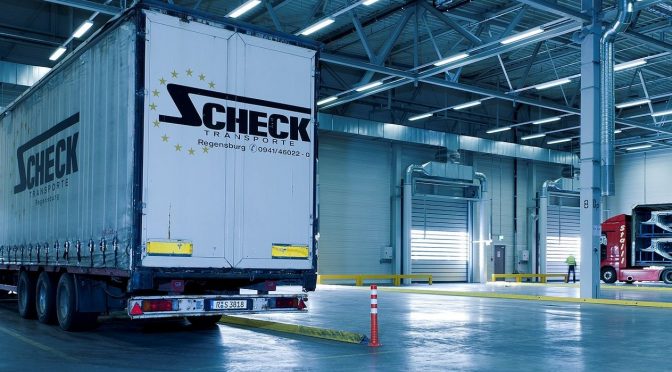
Asian retail and e-commerce market has grown leaps and bound in the past year and there is good reason to celebrate. What was once thought to be a red tape wasteland of opportunities, is turning out to be quite the temptress for all major corporations in the world. How did this transformation happen? How did Asian market become the darling of industries such as retail, FMCG, e-commerce, manufacturing, etc.?

Pharmaceutical industry has a traditional field agent management network where trade channel management is the primary sales pipeline along with being the distribution funnel for the industry. Channel management is of primary importance in this sector, unlike other growing industries.

The home services (Utilities) management industry has moved leaps and bounds in terms of field agent management evolution & the adoption of Internet of Things. Connected devices, right from the appliances in your house, to the meters monitoring your usage, the collectors collating the metering information feeding it into the head-end system.
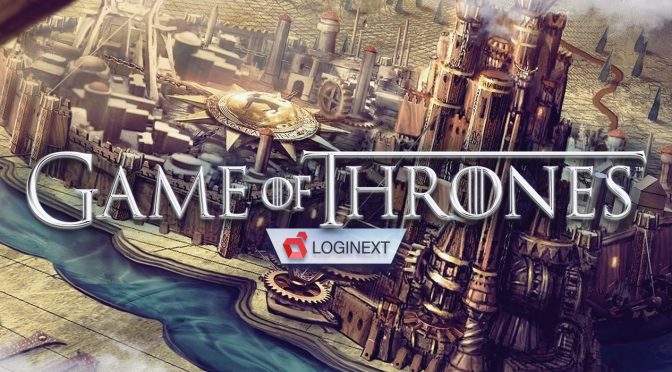
Jon Snow quietly builds his army at Winterfell being advised on matters (that she know nothing about) by Sansa Stark. Not far away from the action, Petyr Baelish refurnishes his plans to sit on the Iron Throne. Jon Snow gathers forces identifying the carrying and movement capacity of each of his resources. A crow drops a secret notification in his mailbox.

People have talked about the Internet of Things (IoT) in diverse terms, but what is it? IoT is the interaction and exchange of data amongst various connected devices and entities over the Internet, which then function towards singular goals. It’s like having a virtual connected universe, where you customize almost all your electronic interactions.

Morgan Stanley predicts that 30% of Microsoft revenue would be purely from its cloud products by 2018. Moreover, Microsoft predicts that the revenue from their new-cloud licensing would be up to 1.8 times the revenue from non-cloud licensing. Technology Business Research (TBR) predicts that the global revenue from the cloud computing platform would be $167 Billion.

Uber has had been on a topsy-turvy ride in the past few months that could earn it a lead in daily soap-operas such as the Days of Our Lives or All My Children. And now this. Their chief protagonist, Travis Kalanick has stepped down for an indefinite leave of absence. There is going to be a massive restructuring of the board and the vision of the company.
What to do in case of Ransomware attack? A Symantec’s report suggested that a modest Ransomware, or Cryptolocker, earned more than US$ 300,000 a month. A previous version of the Ransomware earned more than US$ 27 million. Most of these software authors create a chain of ‘Sales Professionals’ to further their reach.
Remember the viral video of Travis Kalanick from earlier this year where he is berating an Uber driver to take ownership of his own problem. Well we all know that video as the start of the derailment of Uber’s public relations. It’s easy to now imagine the company as being self-centered and culturally egoistic.
Internet-connected trackers use long-range networks or Low Power Wide Area Networks (LPWANs) to let companies track specific items throughout their delivery journeys by which estimated time of arrival for the shipment can be predicted.
White Paper: The Assumption Within AIDAS is Unsaid but Profound. This idea that the expectation stage of consumers can be generalized across industries and timelines, is prone to error. How does this generalization affect the decision flow of consumers? To answer this, I will help you look closely at these assumptions.

A myriad of technology solutions have been built keeping this dilemma in mind, and organizations that have sensed the dire need for on field workforce management with real-time visibility, route optimization & auto scheduling, have taken to such solutions very well.

We are pleased to invite to our interview platform, a man who is led by a vision, and who leads with innovation. Mr. Ekmeet Singh, Co-founder and CEO, Lendbox. Lendbox has become the biggest disruptor in the personal finance industry in recent times.
‘Industry Trends: Field Service Optimization’ is by far the most engaging piece of research I have come across in recent times. The concepts emphasized in the white paper have a little for everyone. The white paper answers some of the basic questions revolving around field service management.

LogiNext partners with what3words, an Aramex invested-in precision location identification company, to create the most disruptive field service optimization tool the world has ever seen.
Technology is galloping ahead, and telecom companies are utilizing the highest quality of cloud based field service optimization software to channelize their field workforce in to quality driven service professionals.
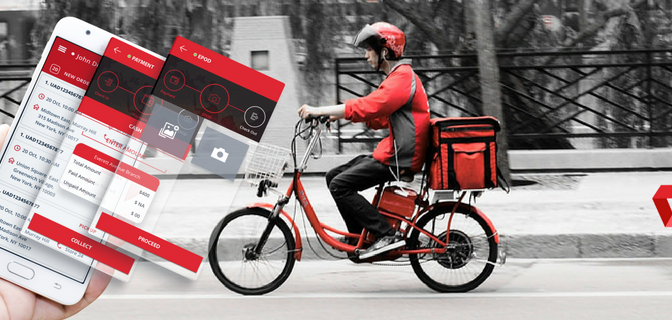
The field workforce optimization industry is set to grow more than 30% year on year, reaching a high of $ 20 Billion by 2020. Field workforce optimization is moving towards automation post 2017. So now that you are more aware of the value of field workforce optimization, how are you going to implement it?

Brightest Logistics Automation Concepts for Success in Information Technology If you recall, in business history, the industrial revolution built its foundation on a level of automation using machines with assembly line functionalities. It cut down on the labor and time required to create complex products. This was a significant turn of events which led to […]

The game between customer perceptions and a company’s value proposition is an interesting one. At times, a company’s technology defines the customer’s perceptions, and at other times, the customer’s imagination drives company research.

Cue in the Justice League (2017). Even though Batman vs Superman left our mouths wide open; sometimes in awe and sometimes in surprise/confusion. Justice League promises to be bigger and better, as it now has ‘The Flash’. LogiNext has enhanced and boosted many such leagues in integrated ERPs around the world.

LogiNext Founder Dhruvil Sanghvi Mentioned in FORBES 30 Under 30 Dhruvil’s eventful journey began from a vision, grew into a dream, took form as a venture, and achieved explosive growth as the biggest name in SaaS based field workforce optimization and logistics planning. Next time you feel that your logistics and field service planning needs […]
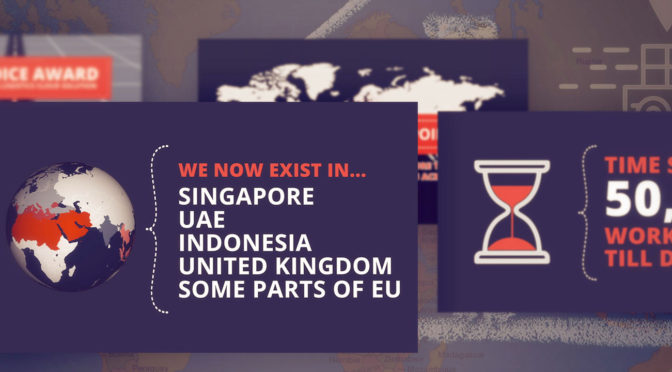
We extended our global presence across multiple countries. You might find many top companies in Singapore, Indonesia, UAE, and United Kingdom using our logistics management services for real-time tracking options. We also raised our flags in some parts of Europe. As you might already know, we are more than prevalent in USA, North African region, and India.
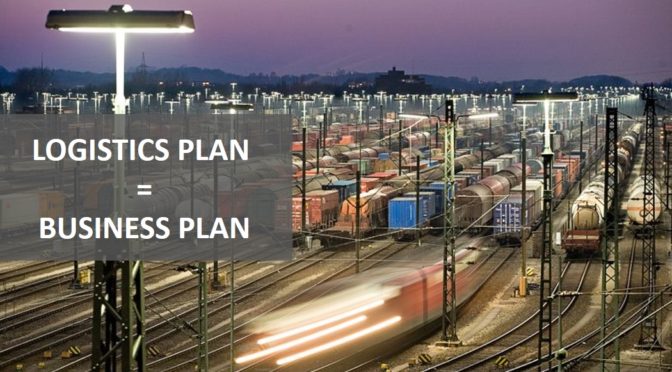
What is ‘innovation’? You may have heard the term fly around in business meetings, but what does it really mean to the chief strategist of the company? Innovation means, approaching a problem or an inefficiency from a different angle or viewpoint to derive more value from it. To put it a straight war, innovation is to create or harness more of what you already have.
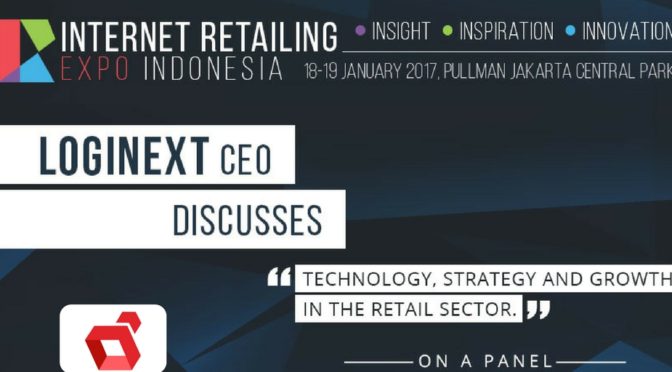
Retail field service and last mile delivery optimization has become the key driving force behind overall industry growth. Dhruvil Sanghvi enthralls with his insights at the Internet Retailing Expo, Indonesia. “If you factor in the added burden on the Cash on Delivery functionality, then it just necessitates real-time tracking”.
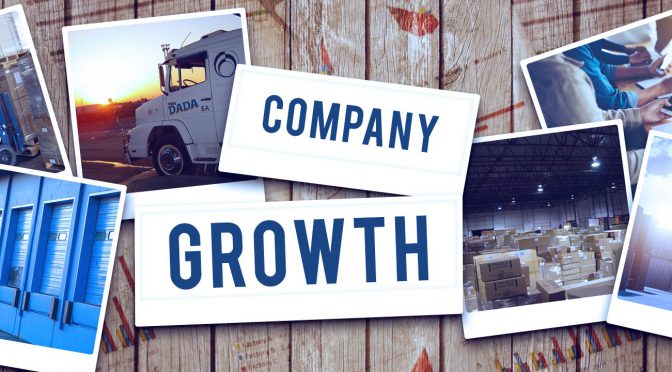
A logistics management software works toward ensuring greater control for the managers over daily ‘logistics solutions’ scenarios. There is still some way to go to achieve total visibility. Here are some product wishes that all Chief Supply Chain Officers would factor in their resolutions.

All this has built up ‘The Last Jedi’! A Long Time Ago in a Galaxy Far Far Away… there were many instances of logistics management going haywire. Along came an up and coming stalwart of the free republic, LogiNext, who set things right. You can find a lot of references to the positive influence of the field workforce management experts in the Star Wars universe.

Your workforce is the face of your company and should be handled with care. A wrong foot with your logistic management system can turn into a disaster for your company’s image. You must be proactive while handling your field workforce efficiently to avoid any embarrassment or loss of business opportunities.

To gather an overall understanding of the term, field service management is a system for synchronizing on field processes through a mobile workforce. At a rudimentary level, this requires scheduling service orders, forwarding field workforce, tracking vehicle positions and job status.

How would Narendra Modi’s Currency Ban Affect Logistics in India Narendra Modi became a social media trend when he announced the currency ban covering the Rs 500 and Rs 1000 notes. He also became the most discussed person within groups of small enterprise business owners. Narendra Modi’s pitch regarding the currency ban revolves around […]
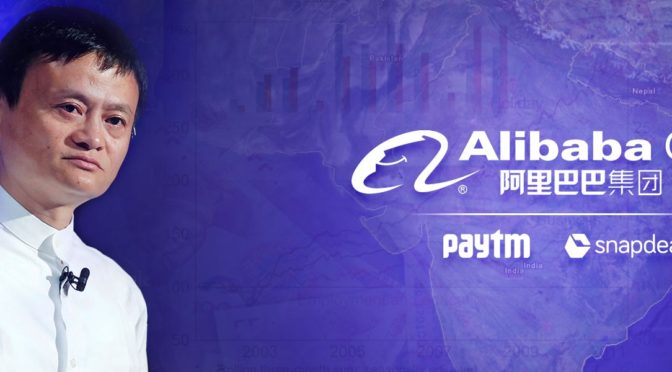
Why is Jack Ma Investing in Indian Entrepreneurs? Jack Ma and his bandwagon have arrived. What could be more auspicious than celebrating dreams with a true visionary? Some of the leading entrepreneurs of the country would agree. Jack Ma has come to our country not just to invest, but to develop. He has developed […]

In highly unorganized markets (for e.g. the logistics sector in the Asian Market) it becomes even more difficult to introduce technology solutions that would not only ease the workload on employees but also introduce some semblance of organizational workflow into a haphazard operational process.
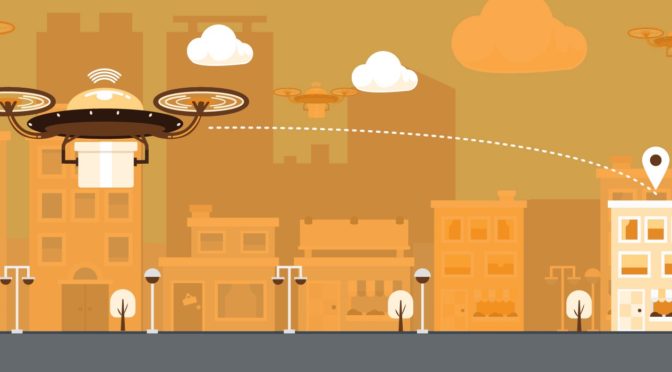
Ever played the classic Grand Theft Auto? Ever made a drone drop in the game? That’s delivery route planning. Technology has caught up to make that experience much more sophisticated. You can actually pick and drop items using just your basic smartphone.

Netflix Originals, which has stormed the internet globally, Narcos accurately depicts the rise and fall of Medellin drug cartel across first two seasons which revolve around the drug lord Pablo Escobar and the United States Drug Enforcement Agency (DEA) trying to nab him down.
Workforce tracking technologies have been around for a while. Individuals on the field use their hand-held devices to log in project updates as and when they happen. It is just now that this process has done a back-ward integration to encompass almost all scheduling activities.
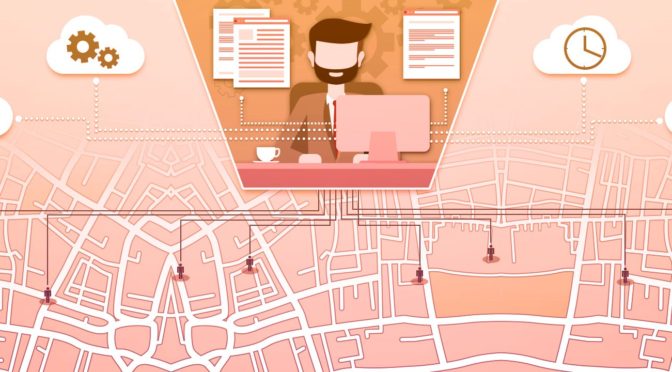
While managing a field service workforce there would be many bottlenecks that you would have to, eventually, overcome in order to ensure smooth functioning of operations. There are various ways to look at these bottlenecks.

The courier and logistics market in India poses some interesting questions, especially if one is trying to find answers to these questions by means of technology. Leading the upscaling of a fast-growing logistics and field workforce optimization company, I got an excellent opportunity to solve the problems posed by this industry from a technology standpoint, some of them were as follows.

